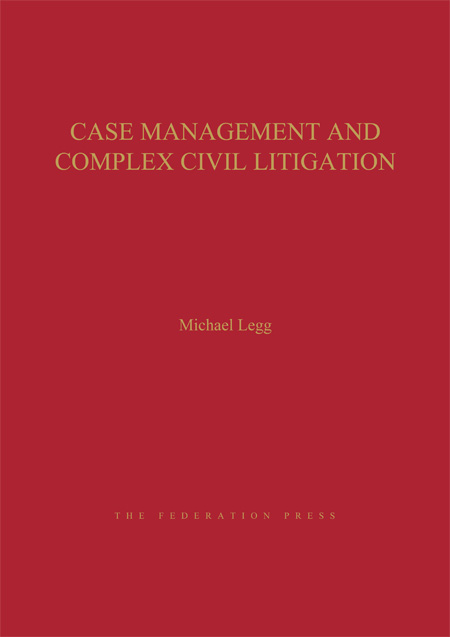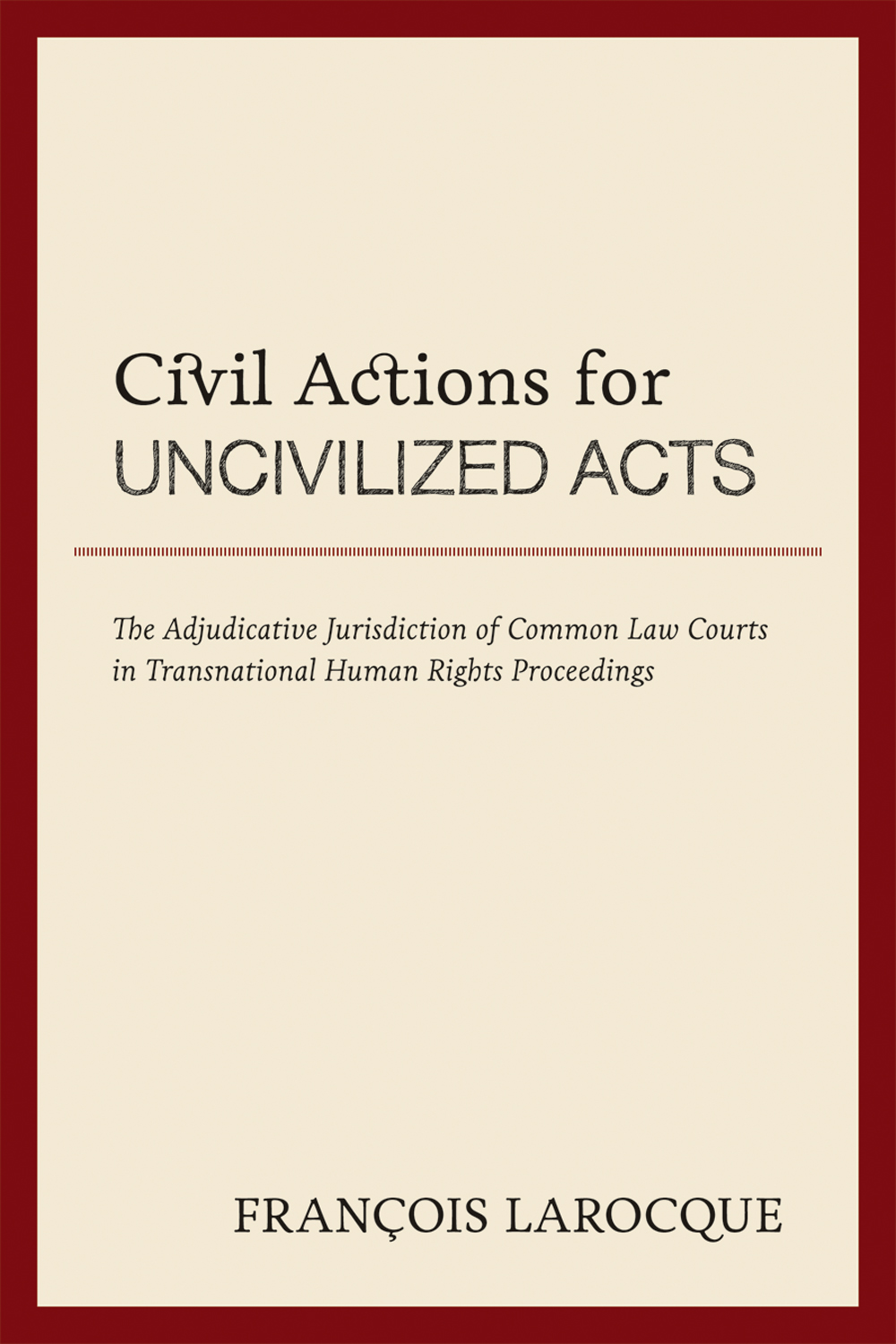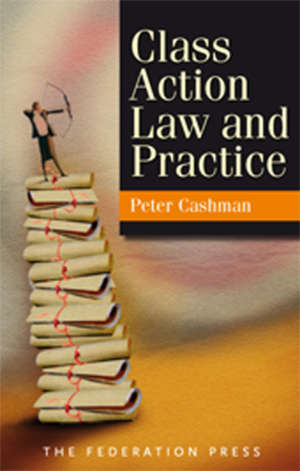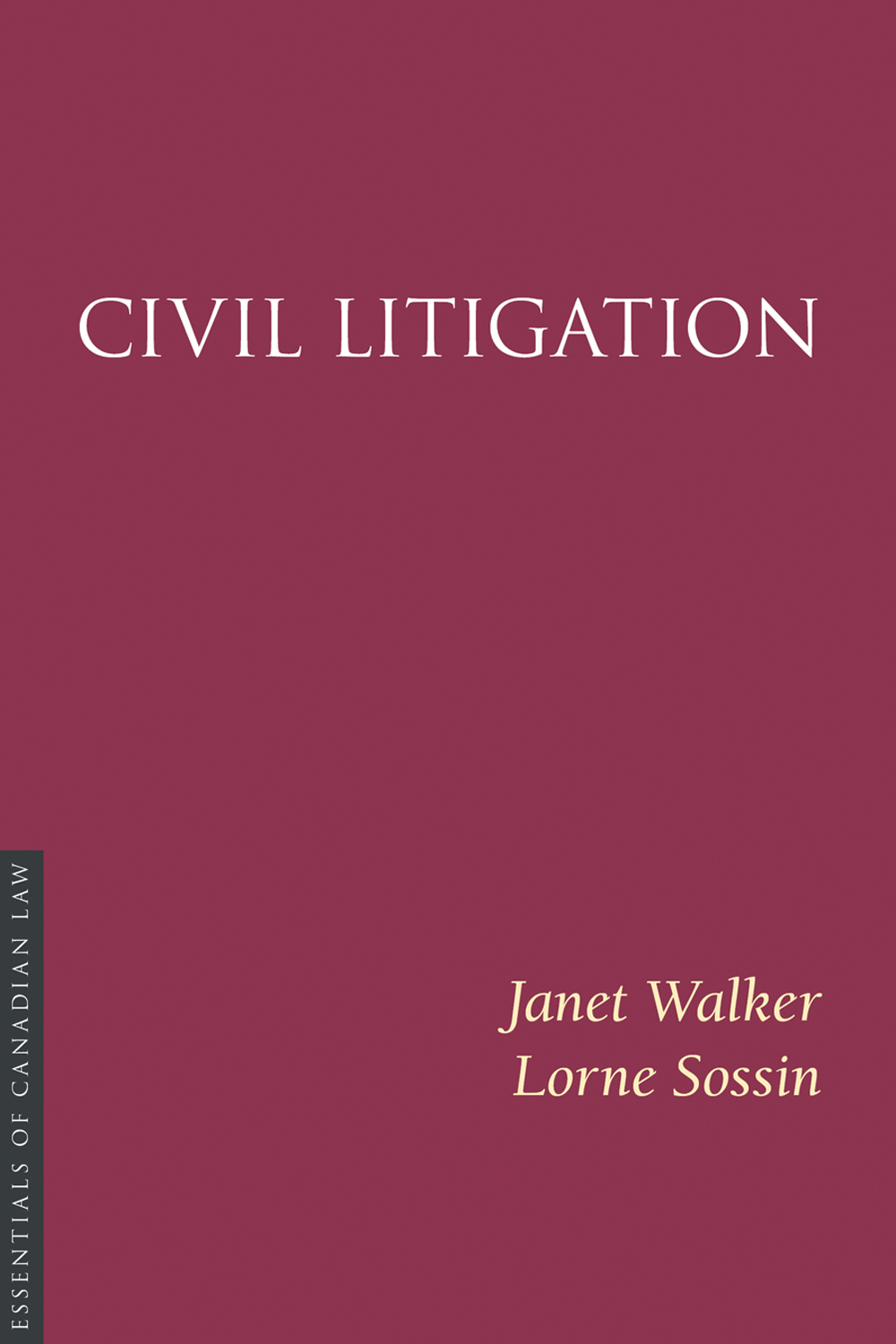Product Description
Civil litigation is more frequently giving rise to cases that are regarded as complex so that they are expensive for parties to run, time-consuming and use a large amount of tax-payer funded court resources. The government, judiciary and legal practitioners have expressed concern as to how to efficiently manage these cases.
This book examines the case management tools available to the modern day judge for dealing with crucial aspects of complex civil litigation. The first chapter explains case management, complex civil litigation and how the former may be used to control the latter. Subsequent chapters focus on case management in relation to pleadings, discovery, expert evidence, alternative dispute resolution, summary judgment and the separate question procedure.
The author also explains the role of the overriding/overarching purpose with its command that civil litigation is to be conducted in a manner which achieves justice while minimising cost and delay as this has major significance for complex cases.
Latter chapters consider two specific examples of complex litigation and the ways in which they may be dealt with – commercial litigation and the specialist lists that have developed to deal with this type of case in New South Wales, Victoria and in the Federal Court, and class action or representative proceedings in the Federal Court. Lastly, the concerns or limitations as to case management are examined.








